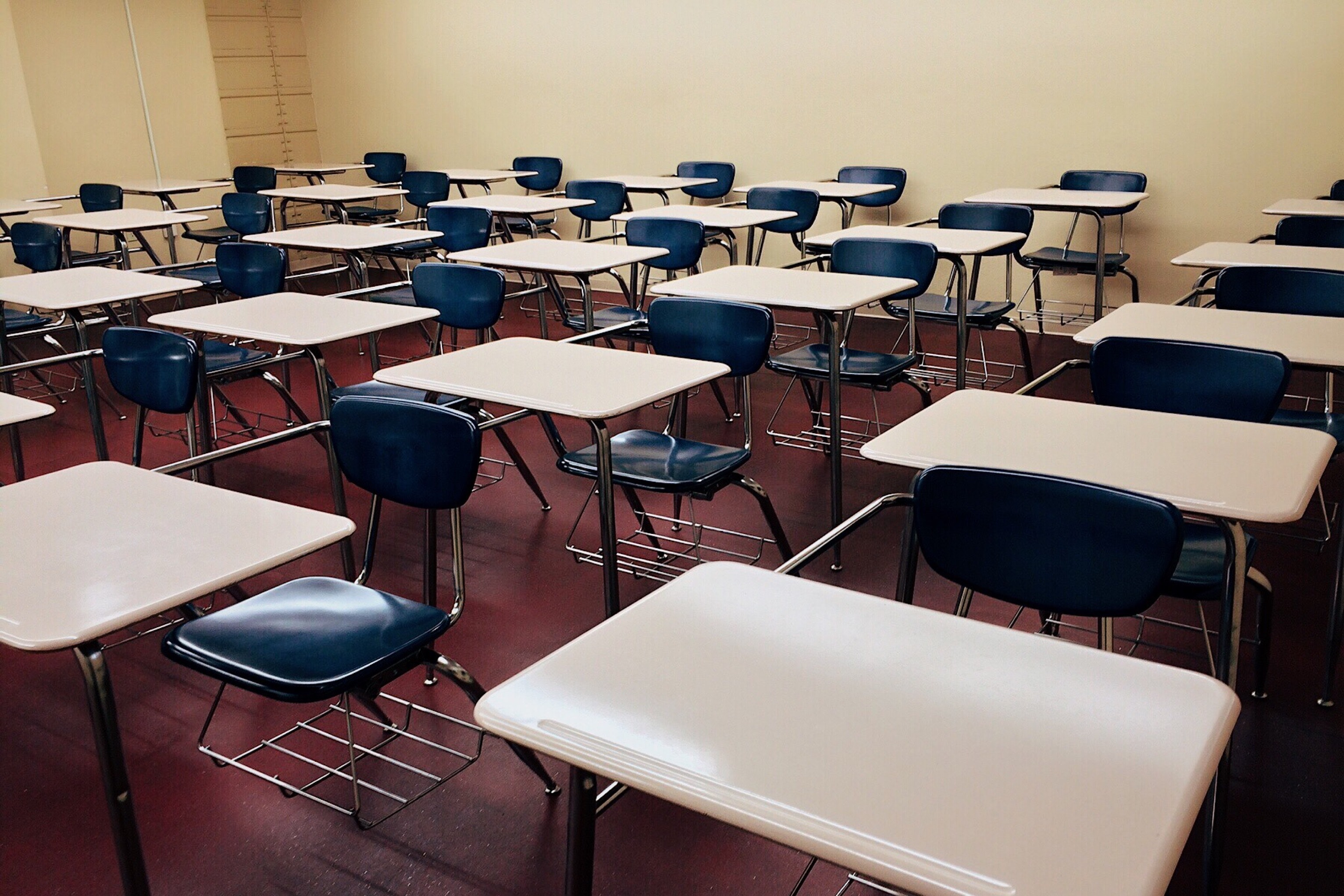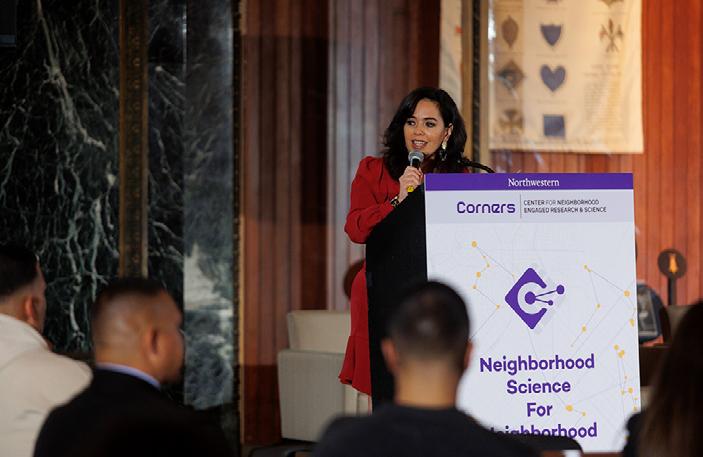
2 minute read
Does Education Protect Against Job Loss During an Economic Downturn?
Research suggests workers with more education suffer fewer job losses during economic downturns. In an IPR working paper, IPR labor and education economist Kirabo Jackson and his colleagues investigate whether more education had a causal effect of protecting against unemployment during the COVID-19 pandemic recession in Barbados. They linked educational records from 1987 to 2002 to nationally representative surveys of employment status conducted before, during, and after the recession. The educational records showed the students’ scores, which are taken after primary school and determine which secondary school students attend, and their preferred secondary school. The researchers find that when the economy was strong in 2016 and early 2020, men and women who attended their preferred school were more likely to be employed than their peers. When the economy took a hit in May 2020, women who scored just above the cutoff for their preferred school were 66 percentage points more likely to be employed than women who scored below it. Men who scored above the cutoff for their preferred school were somewhat less likely to be employed. Women who attended their preferred school attained more education and were less likely to lose their job during the recession. The results indicate that education plays a causal role in keeping workers employed during a poor economy because it enhances their skills.
Kirabo Jackson is the Abraham Harris Professor of Education and Social Policy, professor of economics, and an IPR fellow.










